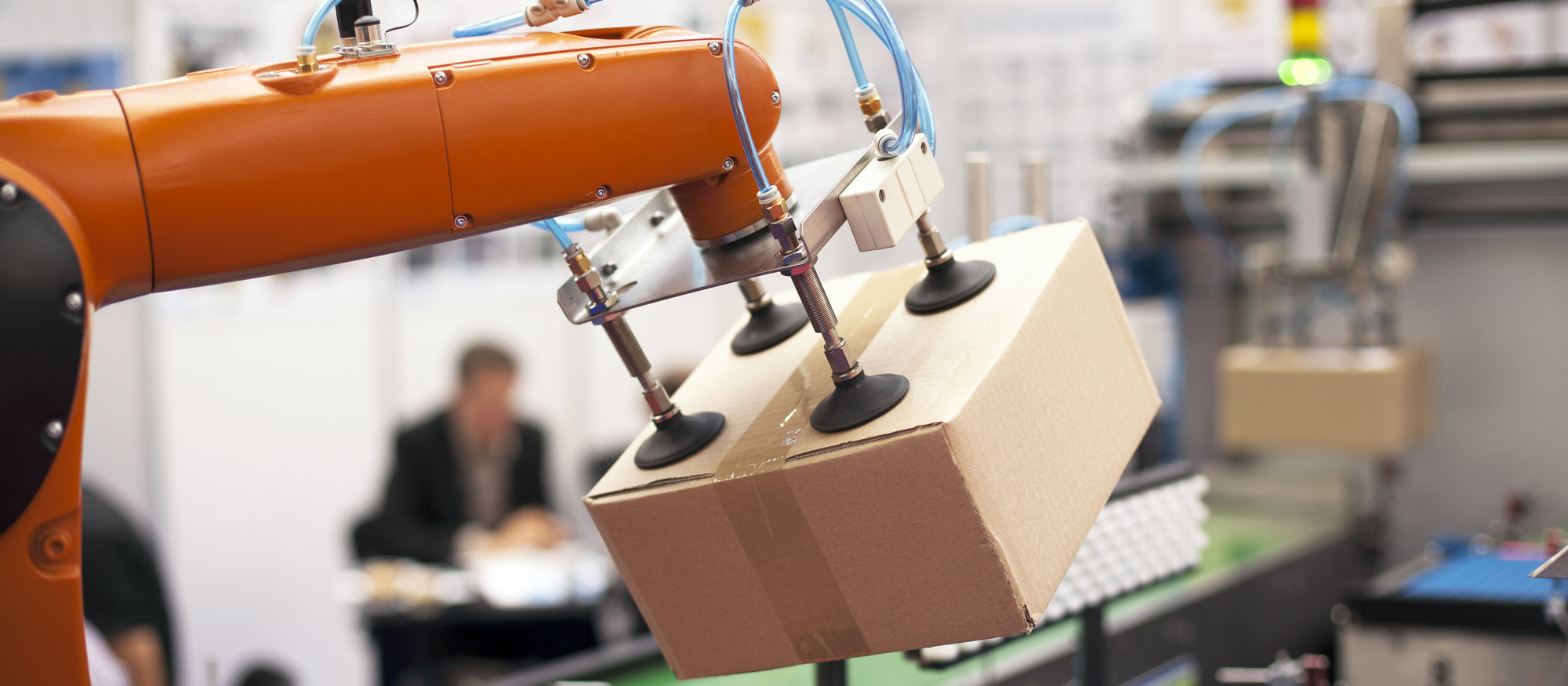Logistics industry trends are constantly changing with the evolution of modern technology and the state of the economy. The global pandemic has particularly affected the logistics industry over the last year, as isolated consumers turned to online shopping. The future of logistics is fully relying on technology to accommodate increasing ecommerce demand.
Current Trends in Logistics
Internet of Things
The Internet of Things (IoT) is a connection of physical devices that monitor and transfer data through the Internet, without human intervention. Integrating IoT technology into the logistics and supply chain industries improves efficiency, transparency, real-time visibility of goods, condition monitoring and fleet management. There are plenty of different IoT platforms that provide accurate shipment tracking, predictions and planning of fleet maintenance and more.
Warehouse Automation
Warehouses are cutting costs and boosting efficiency with warehouse automation technologies. Robotic picking arms, automated guided vehicles, and automated storage and retrieval reduce errors while increasing speed and productivity.
Artificial Intelligence
Artificial intelligence (AI) and machine learning are being integrated into the logistics industry for intelligent transportation, route planning and demand planning. AI-based technology allows warehouse managers to optimize supply chain processes and reduce operating costs.
Blockchain
If you’re no stranger to banking, investing, cryptocurrency or logistics, Blockchain is a buzzword you probably hear quite often. Blockchain has been one of the most steadily increasing industry-reshaping trends in logistics over the last few years and isn’t going anywhere.
As data becomes more critical for optimizing logistics operations, security risks and efficiency challenges associated with processing data rise. Blockchain is a specific type of digital database that makes it extremely difficult or impossible to change, hack or cheat the system. This secure ledger system brings transparency of transactions to the logistics process.
Last Mile Delivery
The shift toward click and mortar retail has forced logistics companies to develop an omnichannel distribution strategy. Ecommerce and omnichannel trends have added complexity to the supply chain and last mile logistics.
The last mile of delivery, the final step of the shipping process in which the package arrives at the buyer’s door, is the most challenging, costly and time-consuming part. Traffic congestion, customer nuances, government regulation and delivery density all affect last mile delivery. Logistics companies are using technology solutions like drones, smart lockers and crowdsourcing to reduce last mile challenges.
Sustainability
Modern consumers are now more conscious of their buying habits, and are more likely to reward brands that are transparent and eco-friendly. As sustainability becomes a top concern for buyers and companies, logistics technology must prioritize efficiency and environmental and social sustainability. Sustainable solutions lessen environmental impact and reduce emissions.

